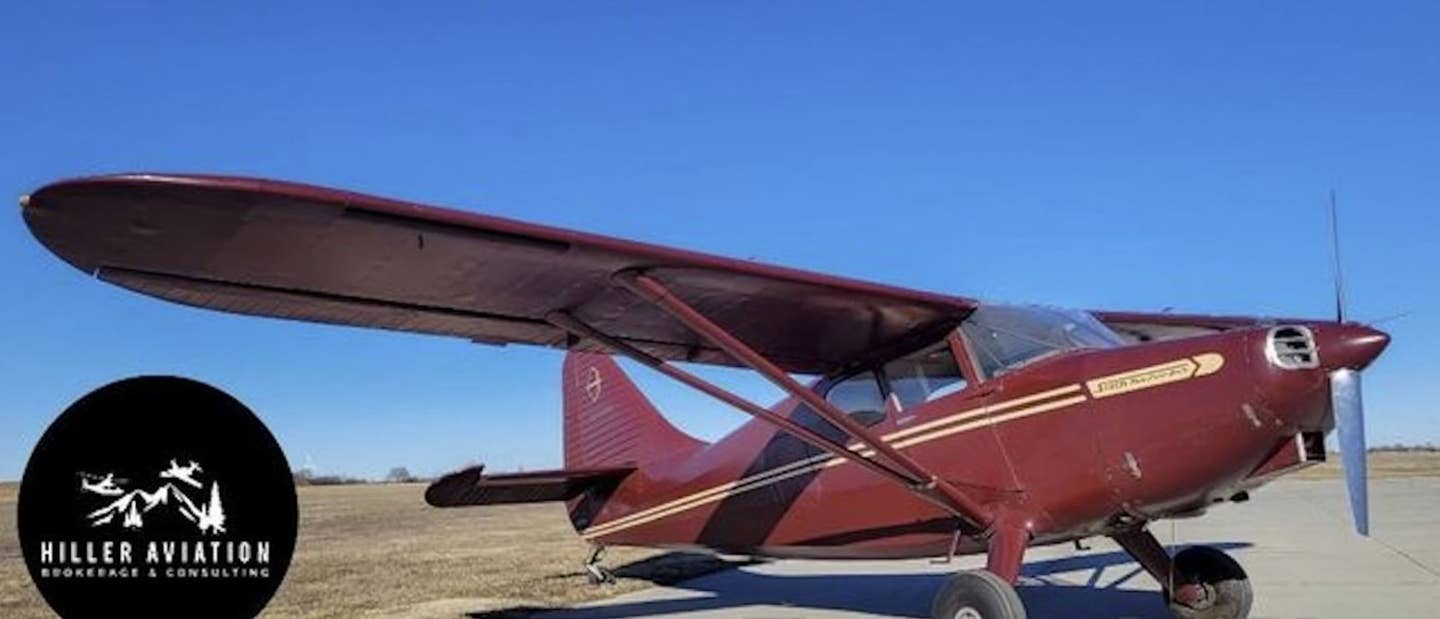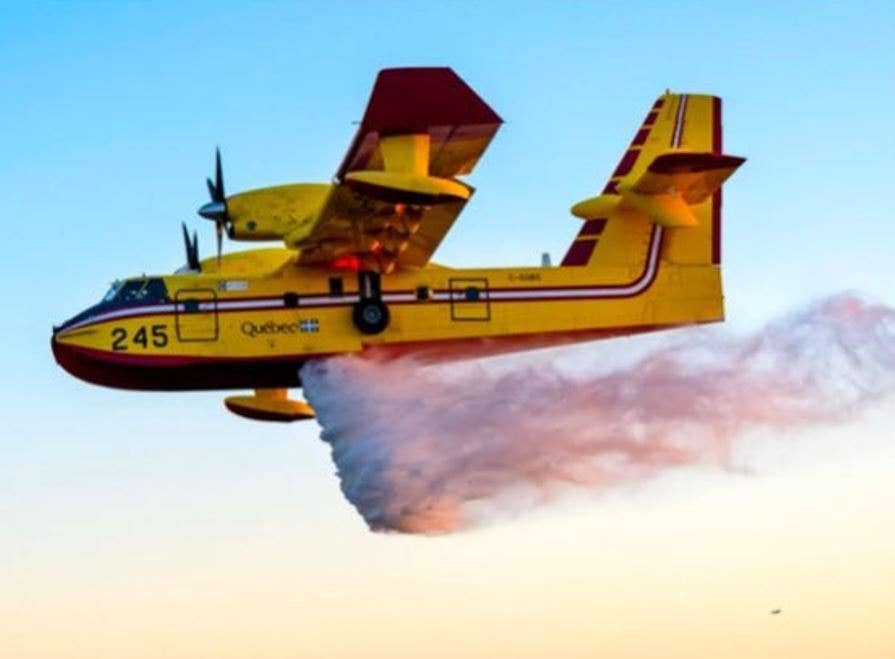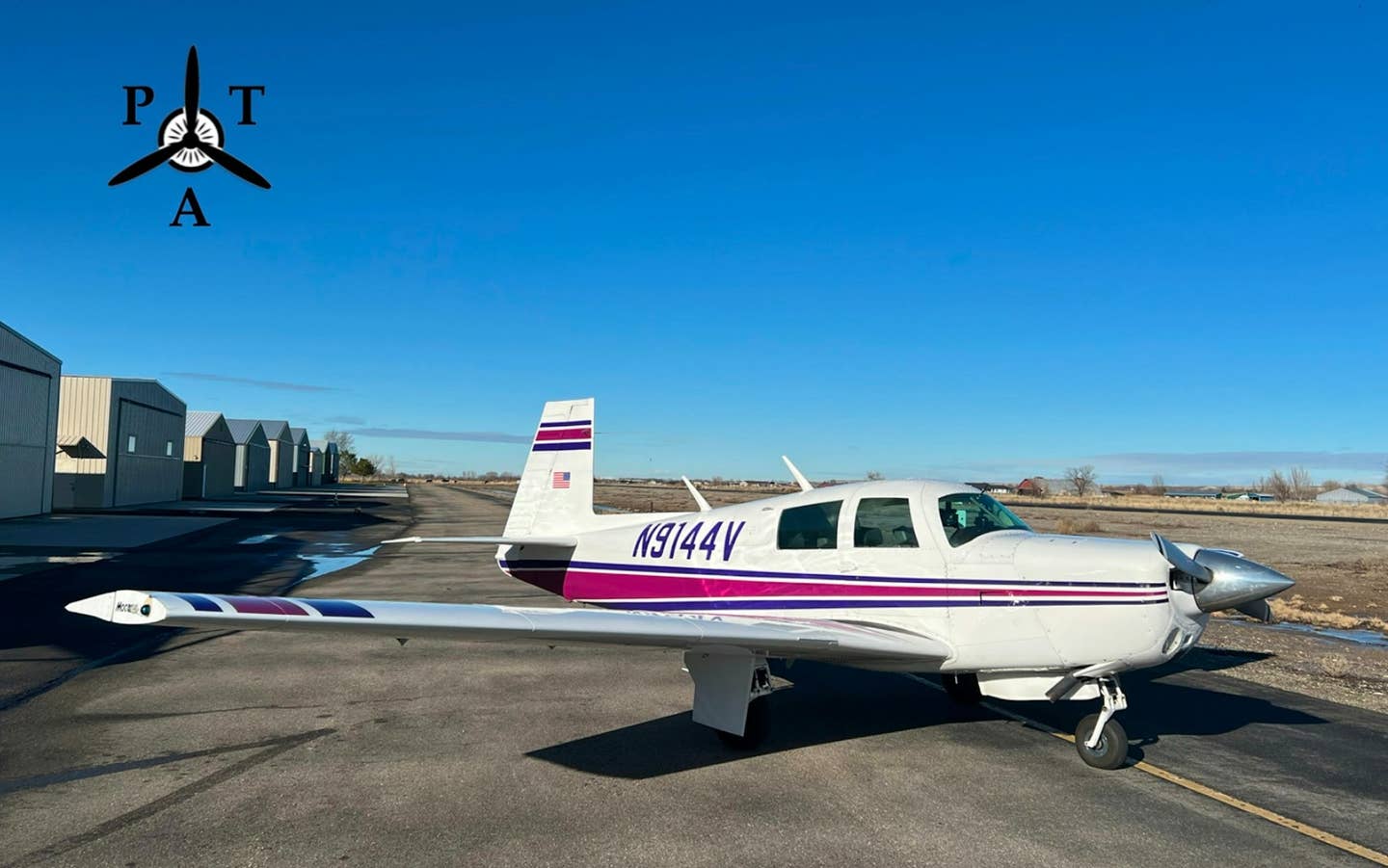
FAA Administrator Randy Babbitt Stephen Pope
Despite great uncertainty within the FAA, Administrator Randy Babbitt took some time to show support for the general aviation community today by stopping by EAA AirVenture.
With 4,000 FAA employees still furloughed and 70,000 construction workers commissioned for aviation-related projects out of a job, Babbitt gave little indication of an expected end to the shutdown.
“It’s unfortunate that tens of thousands of families won’t see a paycheck,” said Babbitt. “It’s not a way to run the world’s highest aviation system.”
While he expressed frustration over the current FAA funding situation, he assured AirVenture visitors that all air traffic controllers and safety inspectors would continue to work at full capacity during the temporary shutdown.
“It’s all hands on deck back at home,” he said.
In addition to the temporary shutdown, Babbitt touched on a variety of issues during the conference, including his commitment to NextGen and the need to reduce the general aviation accident rate.
He referred to NextGen technology as “absolutely vital,” and cited it as one of the FAA’s top three priorities.
When pressed by EAA President Rod Hightower about the potential financial burden such technology would place on GA pilots, Babbitt contended that, once widely adopted, the cost of ADS-Bs will come down, just like the price of computers over the past few decades. Babbitt also said NextGen will trigger so much savings on gas that its upfront development costs will be recuperated by the industry in just a few years.
During the conference Babbitt also fielded questions on the future of avgas, the BARR program and the FAA’s stance on user fees. While he didn’t give many specifics on the avgas issue, he said the BARR debate has created “more heat than light,” and that not too many pilots have even applied to participate in the program.
On the issue of user fees, Babbitt didn’t waiver. “This administration has not supported user fees. We’ve been very clear on that.”
While Babbitt expressed understanding of the current financial difficulties facing the nation, he emphasized the need for not only a short-term funding extension, but a long-term reauthorization bill that recognizes the safety priorities of the FAA.
“We’re not going to budget safety. That’s not going to happen on my watch.”
While a short-term FAA extension bill was introduced in the House on Tuesday, many in Washington speculate that nothing will be done on the issue until after Congress and the president have dealt with the impending Aug. 2 deadline to raise the debt ceiling.

Sign-up for newsletters & special offers!
Get the latest FLYING stories & special offers delivered directly to your inbox






